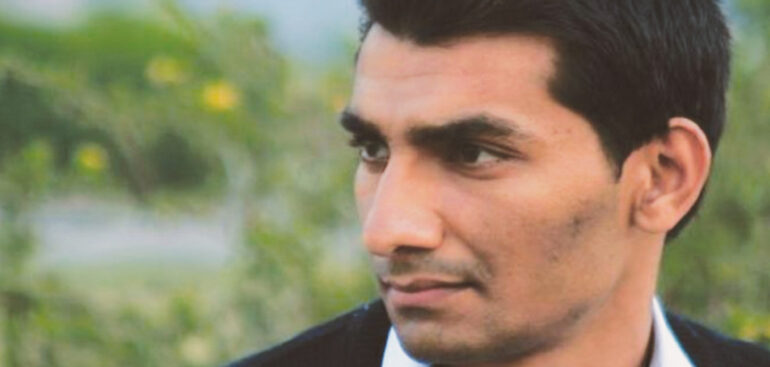The courtroom of the Lahore High Court was silent, charged with anticipation. This wasn’t just another appeal hearing. It was about Junaid Hafeez, a once-promising Fulbright scholar, whose life took a dark and devastating turn when he was accused of blasphemy in 2013. In a dimly lit cell in Multan Jail, Hafeez has spent the last decade isolated from the world, enduring solitary confinement due to constant threats to his life. His original lawyer, Rashid Rehman, had paid the ultimate price for defending him, assassinated in his own office by unknown assailants. Since then, Hafeez has waited—endured—in silence, hoping for justice.
As his appeal hearing began, there was a glimmer of hope that a fair trial would finally ensue. Yet, in a bizarre twist of fate, that hope faded quickly as both defense lawyers took opposing stances. Saif ul Malook requested an adjournment, declaring himself unprepared. However, his co-counsel, Asad Jamal was ready, urging the court to proceed, given the already excruciating delays.
Hafeez’s fate hung in the balance, not in the hands of his accusers, but in the uncertainty that emerged from his defense team. The judges, Justice Tariq Saleem Sheikh and Justice Farooq Haider appeared perplexed, questioning whether the lawyers could proceed cohesively. When Saif ul Malook conceded to adjourn, the proceedings dissolved into confusion, leaving Hafeez’s case postponed.
For Hafeez, each delay is more than an inconvenience. It is a continuation of a nightmare, one that his father, Hafeez ul Naseer, understands all too well. He had traveled over 650 kilometers from Rajanpur to be there, to stand by his son in his darkest hours. Despite everything, Naseer remained hopeful, saying his son’s spirit was unbroken.
Hafeez has waited for justice, for a voice that could speak up without fear or hesitation. Instead, he now finds himself in the middle of friction, between lawyers struggling to align, facing a system slow to respond to his cries.
